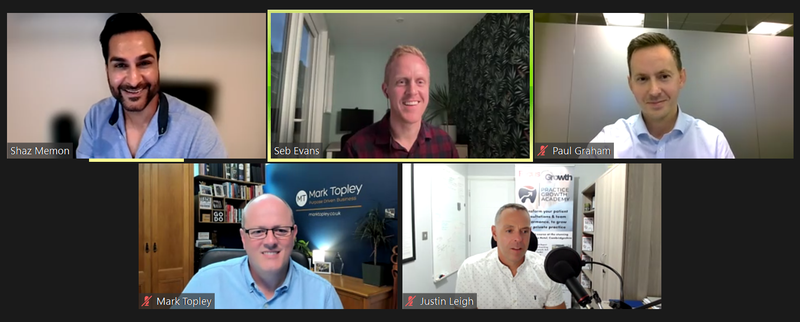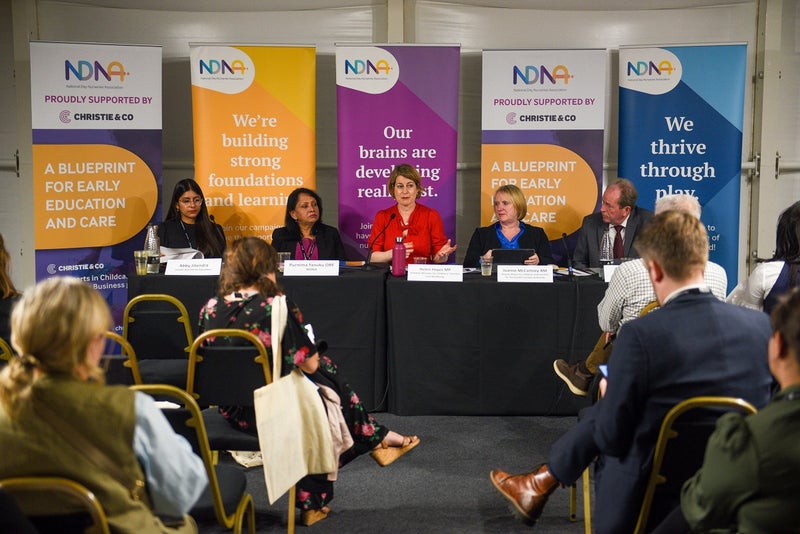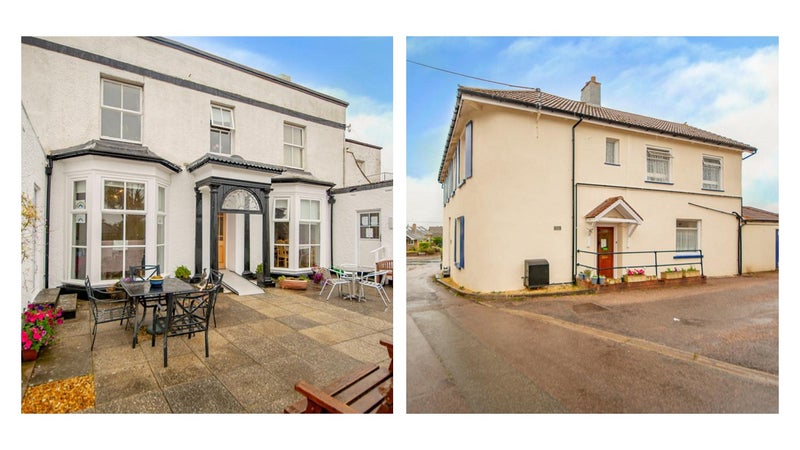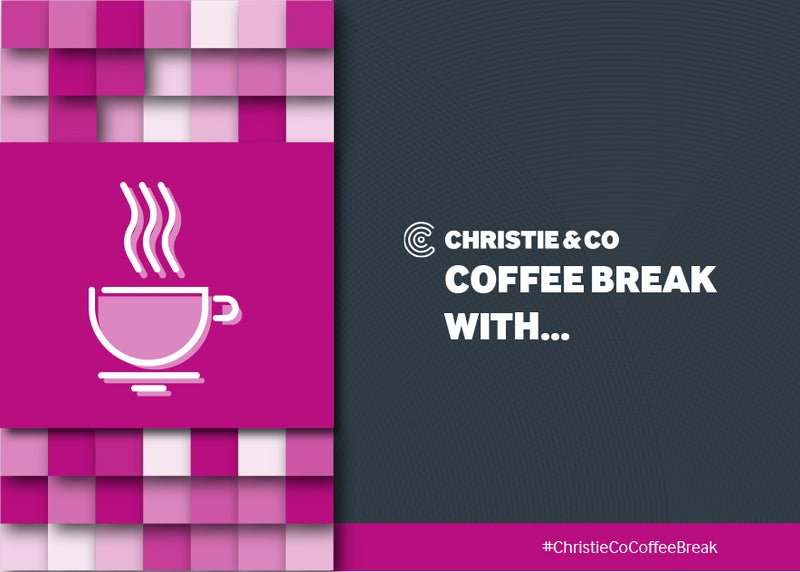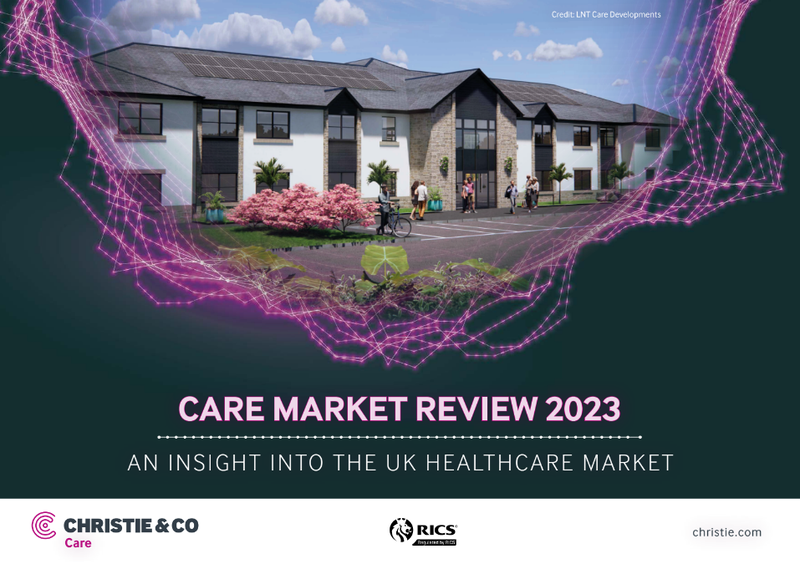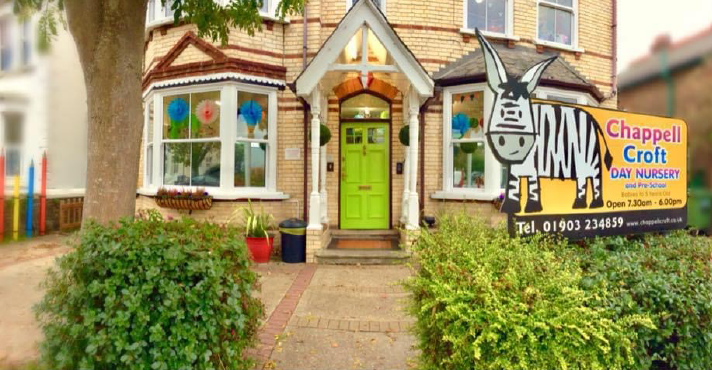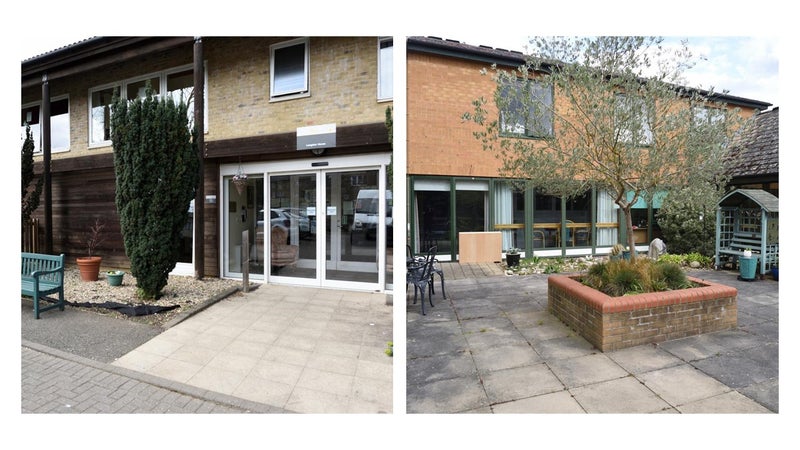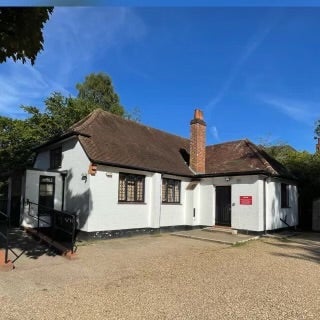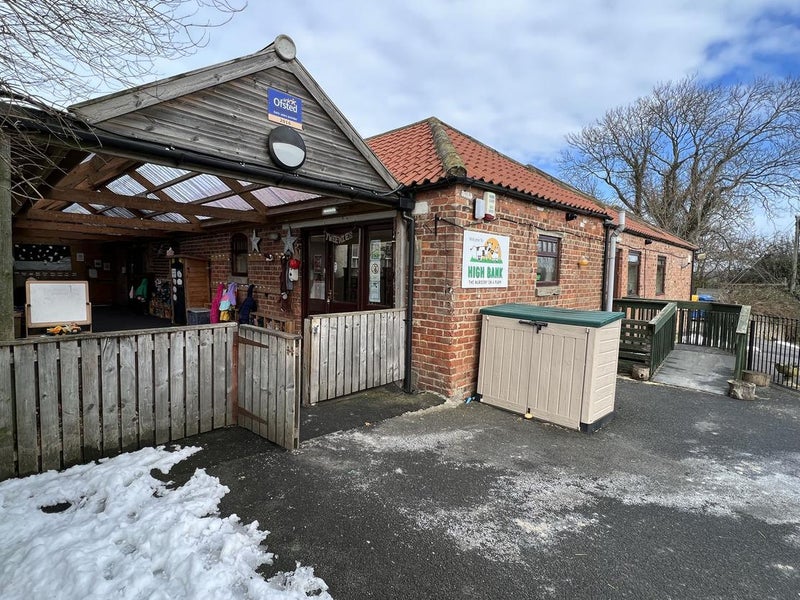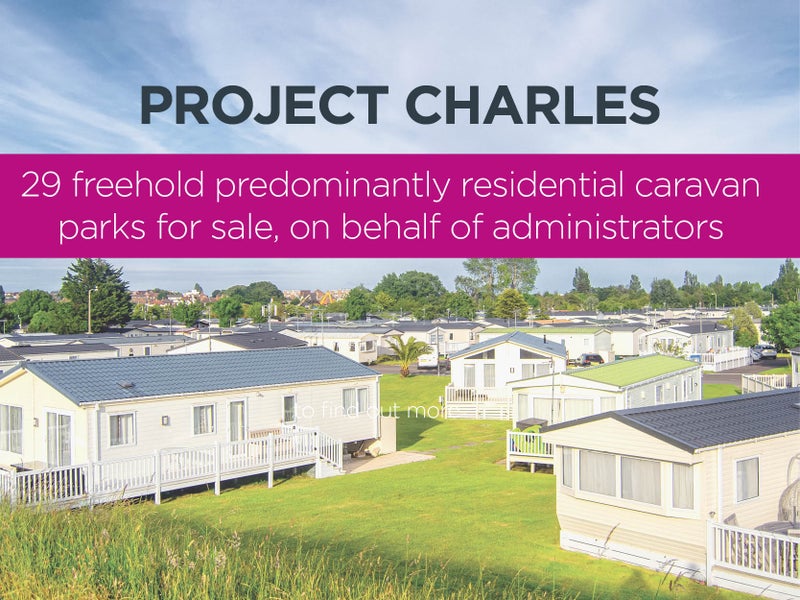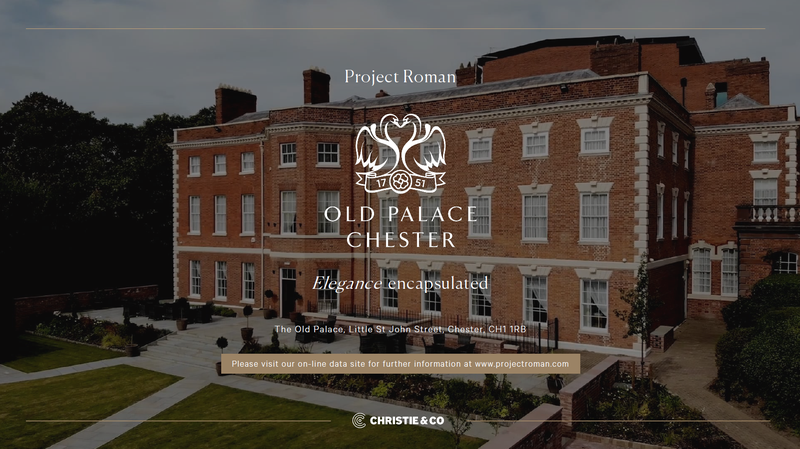Half year review of the pubs market
Pub numbers stabilise despite 18 months of cost pressures
Now past the half way point of 2018, specialist business property adviser, Christie & Co provides an overview of the UK pubs market, reflecting on past predictions and the current state of the licensed sector.
Following decades of contraction, pub supply is now broadly balanced with good demand, with the rate of pub closures having stabilised to nearly nil, despite negative publicity to the contrary. Christie & Co has continued to see confidence manifest in investment, as established operators from industry stalwarts, such as Marston’s, McMullen & Sons and Everards continue to build new pubs. With operational pressures having increased, it is these purpose-built, efficient-to-operate units that many of the bigger players consider to be the future of the sector.

At the other end of the market, the private free house segment has continued to bounce back, with some return in lifestyle buyers. Growth aspirations amongst the most successful of these smaller operators has seen the number of multiple operators grow, many of whom continue to drive demand from a transactional perspective through their thirst for expansion. Private equity and investor interest remains strong, with those familiar with the sector able to differentiate between the well-publicised challenges faced by the restaurant sector and a vastly more structurally resilient pub sector.
Predictions
Christie & Co’s Business Outlook 2018 was published in January 2018. At the time of writing in December 2017, the sector was still reeling from the combined impact of the National Living Wage, pension auto-enrolment, Apprenticeship Levy and business rates revaluation pushing up the threshold for successful managed houses closer to £20k per week. The prevailing mood was a sense of grim determination to weather the storm and an acknowledgement that the trading conditions generally had been positive enough through 2017 to mitigate the worst of the impact in the short term.
Whilst Christie & Co expected to see increased M&A activity on the back of distress and business failures brought about by these rising costs, transaction volumes have remained relatively subdued, with fewer deals than predicted. The sector has demonstrated its resilience once again by absorbing rising operational costs without passing too much price increase onto consumers. In reality, overleveraged and underinvested businesses are still at risk and some casualties are still expected in the second half of the year and into 2019.
Generally speaking, top lines have continued to perform well, which has allowed leading operators to hold bottom-line profitability flat or even make marginal gains on a like-for-like basis. Outside of this, many operators have invested in expansion and improving their estates, meaning that year-on-year performance is significantly ahead of like-for-likes.
A big slice of that investment is being directed towards letting rooms, in which interest remains strong. Demand for the best sites is outstripping supply, leading to higher multiples on this high margin income stream. New and established operators alike are now looking at their own estates to identify development opportunities.
Key transactions
Where Christie & Co undoubtedly forecasted correctly was in the further consolidation of the sector, with renewed interest in operationally de-risked tenanted and franchised businesses. NewRiver’s acquisition of Hawthorn Leisure in May 2018 takes their combined estate to 629 sites and should deliver synergies from both Head Office savings and Hawthorn’s ability to optimise performance at a site level, through shifting pubs between its various operating models.
Meanwhile, TDR Capital-backed Stonegate continued its relentless acquisition spree, getting over its aborted takeover of Revolution Bars through a simultaneous acquisition of the Be At One estate from Piper and cherry-picking 15 of Novus Leisure’s 26 late-night London sites. Following this, it will be interesting to see what happens next with the reduced Novus estate.
In terms of smaller transactions, independent craft brewer, Brewdog acquired Draft House, a portfolio of 14 excellent pubs across London and the South East, in a curve ball that not many in the sector would have predicted, and Ribble Valley Inns was acquired by Brunning & Price, The Restaurant Group’s pub division, in deals brokered by Christie & Co. The latter was indicative of the health of the UK licensed sector, as the UK’s largest restaurant group looks to its pub estate as an increasingly important part of its future.
Totalling all of these, plus the handful of other deals that took place, transactional activity remains significantly behind its historic 2006 peak of 20 deals, with a total price tag of £5 billion.
Looking ahead
A number of businesses are operating defensively and looking to hold margins flat through the remainder of 2018. The most successful are targeting marginal EBITDA growth, which combined with some movement in multiples could result in an increase in asset prices of between four and eight per cent for the year. This growth is anticipated across the regions, driven by expanding multiple operators. The focus for many of these fast-growing businesses will remain on the talent agenda, namely recruiting and retaining the right talent to sustain their growth, and in doing so build a culture that allows their businesses to thrive.
As we move into 2019, eyes will be focused on the National Living Wage’s April 2019 uplift and the still incredibly uncertain impact of Brexit, although long term prospects for 2020 and beyond are currently very positive.
Christie & Co will release its Business Outlook 2019, presenting an annual overview and year ahead forecast of all of its sectors, including Pubs, in January 2019.
